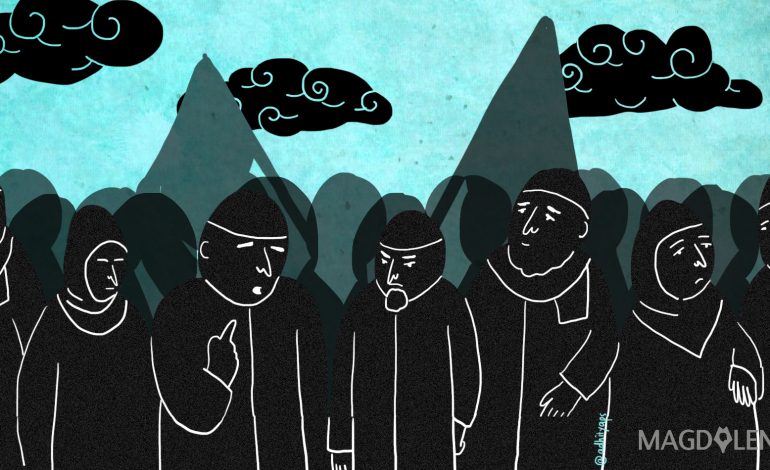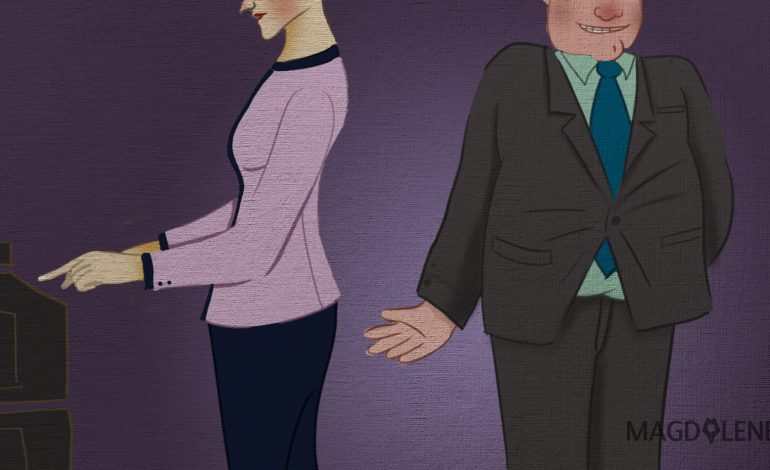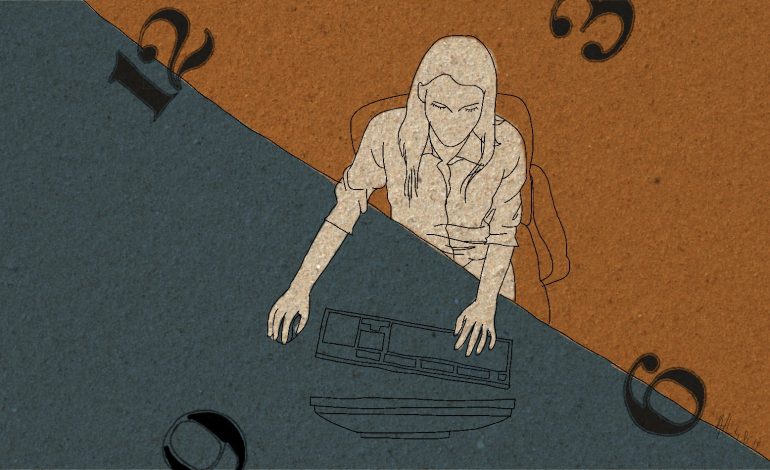Should Radical Groups be Banned?

Jakarta’s previous election was largely framed with identity politics, marked by mass rallies organized by hardline Islamist groups and an atmosphere fueled by racial and religious sentiment. This sentiment was pervasively propagated by Front Pembela Islam (Islam Defenders Front or FPI) against Governor Basuki Tjahaja Purnama or Ahok, an ethnic Chinese and a Christian. Several mass protests were conducted, some ending in violent clashes in which both FPI members and police were injured.
Since 1998, FPI has been known for its violence attacks and hate speech, using its paramilitary troops to force the closure of night clubs and prostitution places, raiding and threatening several citizens, as well as clashing with other identity-based organizations.
Recently the Indonesian government officially banned another Islamist group, Hizbut Tahrir Indonesia (HTI). Although HTI’s ideology could be categorized as radical – challenging the existing order – it carried out its activities differently from FPI. It did not exercise violence in propagating its values and ideas, thus it could arguably be considered a peaceful organization. In this writing, I’m trying to argue why those groups should never be banned. Individuals resorting to violence must undergo legal process, but movements should never be banned.
Problems of Legality in Banning Radical Groups
According to the Indonesian Law of Mass Organization 2013, a mass organization (or an ormas) can only be banned after several steps. There must be an administrative sanction issued by either central or local government to revoke the organization’s legal status for failing to comply to the law. This sanction acts as the last resort after the government has given some precautionary measures to the organization. What constitutes as “law noncompliance” includes, but not limited to, social and public disorder. Afterwards, a written request from the minister of law and human rights for the dissolution of the organization is submitted to the Court. The trial process must then be open to public.
This law is problematic for two reasons. First, the government is the one to approve an organization and to propose its banning, and if the Court does not respond to its request, the government can suspend the organization unilaterally. With the government’s overwhelming power, the question is: will it be able to be objective – free of political influence – on deciding which organization should be banned? It is not impossible for government to shut down any organization deemed as its political enemy in the name of protecting Pancasila, for causing public disorder, or merely to appeal to the majority.
Secondly, the law requires an organization to adhere to Pancasila, regardless of its ideology or religious orientation. It is very much like a 1985 Law that was used by the Soeharto’s oppressive regime to shut down any organization deemed as its political enemy in the name of maintaining social stability and national unity. The law also forbids “blasphemous activities” against any of the official six religions in the name of “respecting the value of religion in God.” This targets not only the radicals religious groups, who are in nature anti-Pancasila, but also secular, communist, and atheist organization. It opens up the possibility of arbitrary interpretation by unfair government officials.
Media’s role in empowering radical groups
Whether or not they use violent means to achieve their goals, radical groups aim to challenge the current order. Some resort to violence not simply because they want to physically weaken their targets, but because violence is the most effective mass communication strategy. The media would exploit it because violence is newsworthy and profitable.
But the media can be exploited by radicals to disempower a government’s legitimacy. Firstly, violent conduct creates excessive fear that leads people to think the government has failed to provide security to its people. Secondly, merely by publicizing their stories, the media help spread the radicals’ political causes, values, and ideologies.
Arda Bilgen, a scholar on media and terrorism, argued that getting attention from the media, public, and decision-makers is one of the main goals of the radicals to propagate their messages, incite fear, and recruit more followers. Ayman al-Zawahiri, who is al-Qaeda’s current leader, once claimed half of the group’s battleground is in the media. ISIS uses YouTube to reach big audience and exhibit its cruelty as vividly as possible. Media plays a big influence, and, as this empirical research conducted by Michael Jetter shows, its coverage could potentially trigger further violence.
The next question would be why would banning radicals not stop their movement?
Let’s take HTI’s case as an example. The process of its dissolution – from the announcement to the Court’s final decision – would give them a lot of media exposure for months, even years. Further, the banning would demonstrate the government’s inherent contradiction: a democracy that promises to respect freedom and human rights is actually repressive and holds double standard.
Moreover, we are currently living in a digital and social media era in which information is disseminated much more conveniently and rapidly. Such exposure can help them recruit more easily and convince people of the flaws of current regime and ideology.
Banning radicals will not eliminate them easily. It will just change their battleground. The media is rewarded with big audience and radicals will be able to convey their ideas and messages for an even larger public than before they are banned. The more attention they get, the more opportunities for them to recruit, even if after they go underground. This is why the media need to do framing carefully. Rather than focusing on the sensationalistic aspect of the news, the media need to orient society to respond to threats wisely and to react to the radicals’ views and actions properly.






















